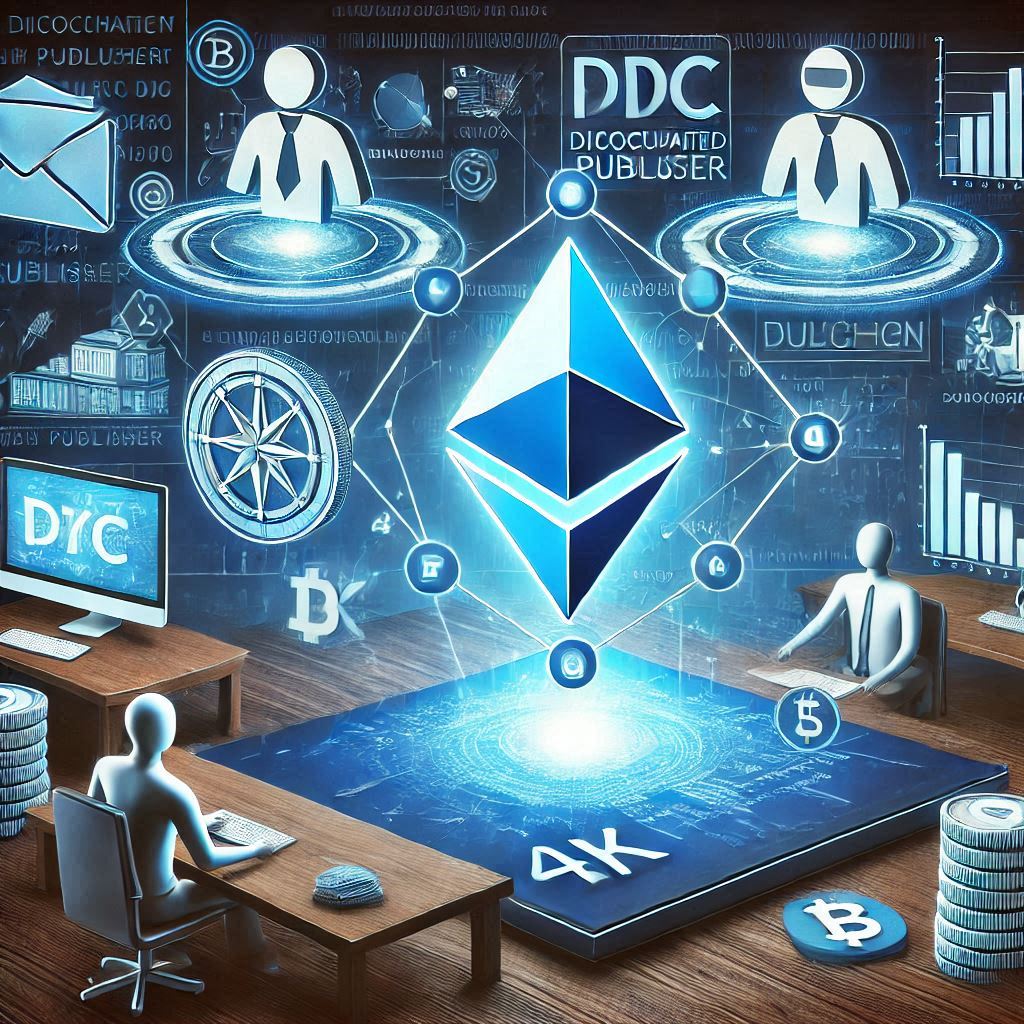Table of Contents
The Book Dilemma
Most would agree books represent a store of knowledge but this intrinsic value has been diluted. To the bibliophile, books are invaluable but to others they are worthless. However, the same individual who sees no dollar value would in most instances agree with the bibliophile that books hold immense intrinsic value. This contrarian valuation stems from technology’s low cost printing and distribution. Combined with devaluation from cheap production, books do not appreciate in time except as possibly antiques and this is dependent on the physical condition, fame, and popularity. This lack of monetary value conflated with depreciation dilutes the value of the knowledge contained therein. If you place a dollar in a book and set it on the shelf, neither the book nor the dollar appreciate in value across 20 years, but the dollar will at least have some buying power.
Capitalism creates this dilemma in which the invaluable wisdom of a book is eroded due to the lack of physical value in traditional books, but even more so for digital books. Worse yet a book’s value further degrades due to the necessary expensive marketing to ensure maximum sales for the product’s limited life cycle. To maximize profit, publishers must drive down the amount of money paid to authors (sometimes pennies on the dollar per book sale) thus making the declining value of the book the declining value of the author. If author’s cannot write more bestsellers they are no longer valued.
This publishing model is a no win situation for the majority of authors because they can either deal with publishers or incur the marketing cost, which most cannot afford or do not understand. It is a no win situation for publishers because they are dealing in a product which has no sustainable value, causing them to take no interest in many quality books and instead invest in what is sellable. For new authors, there is no real hope of being published, since they have no proven sales record, and if accepted, they are at the mercy of the publisher.
Despite this bleakness, hope springs from an unlikely source known as decentralization of finance. We propose to create books linked with the value of tokens to marry the intrinsic value with fiscal value. Using Solana’s block chain technology we produce tokens that give individuals and companies the right to access, resell, and invest in an appreciable store of value. Knowledge no longer suffers depreciation of a paperback or ebook and instead acts like an investment. These token-books (tBooks) are produced by analyzing the market’s need and blending trader money-making ability with the book’s intrinsic value.
Analyzing the Market Need
Books do not have a tremendous audience because not everyone has the interest, money, or time to read. For many readers, the book, once read, has no value beyond a dust collector on a shelf or file to be lost in a computer or Kindle electronic space. We do not need to create millions of books or infinite digital books. We certainly do not need to keep cutting down trees and spoiling the environment for a product that eventually crumbles to dust.
Because books do not have a tremendous market, enormous numbers of books do not need to be produced and this means each novel needs to be produced in the volume appropriate to making it appreciable. This value is different for each book but we can safely assume new authors command less market than veterans.
Quantifying the starting number of books for each author presents a unique opportunity for both the author and the crypto trader. Veteran authors provide an easier estimation of tBooks to be minted because their past sales can be accessed. New author’s will have a new coin minted for each book they write and this provides a means to judge the individual quality and to always have some value stored within the book. A new book would start at 12,000 tokens with an opening price of .20 per token and 1 token to access one copy.
Tokenomics
- Total number of tokens created: 12000
- Liquidity Pool: $1000 - Locked but will be added to if necessary to reduce impermanent loss.
- Author Share of tokens: 1000 held for 1 year.
- tBook supply 1000.(This is the number of tokens held in reserve to be preloaded or reloaded into tBooks for sales on websites.) Once the 5000 retail/production tokens are depleted, new books will be made by purchasing tokens from the exchange to replenish the supply.
- (Raydium Pool) tokens: 5000 Paired with 3 SOL LP's locked.
- Public sale of tokens on DEX: 5000.
The starting price of .20 is intended to entice institutional investors such as publishers both large and small. The typical scenario for crypto is that smart money investors volume-buy at low rates thus the tBook begins increasing in value, especially when retail investors begin buying. The low volume of tokens combined with the readers who will purchase the token strictly for the book add to the ever-growing scarcity of the book. Those readers uninterested in collecting the book will likely sell the token thus keeping the market moving with value. Retail book buyers spend on average anywhere between $9.99 – $19.99 on new books. Should the price of a hundred tokens rise to just $4, the book becomes an 20x profit. This four dollar amount is not unreasonable in light of the current cost of books that do not appreciate in value and due to the number tokens that will be unavailable to investors due to being locked in the book.
Transparency
(You can find all transparency information on the tBook page the tBook, i.e. MOE-tBook)Application
Mechanics
You may be wondering how this works and already assuming you need to spend your tokens on a website just to receive these books but the beauty of this system blossoms from the creation of the tBook.
Rather than building a traditional reading app like a Kindle we combine the reading app with the digital wallet specific to the token for a book. Each token is saved within a stand alone app which opens a window to view the book. Should the owner of the tBook access the token address, the app ceases to function. tBooks do more than just provide reading material since they can support video and music, which expands beyond the current functionality of Kindle and other readers. These apps are customizable to the degree that websites are customizable and can be made to look and feel like you are using a reading app. The PWA also provides a universal use such that Linux, Mac, and Windows users can enjoy the book.
When purchased on an exchange, the investor will find a link to a website where the tBook is listed. 1 token (plus block chain fees) provides the investor with a tBook holding 1 token within. Book buyers can also purchase tBooks on the website using US dollars, which is slightly higher cost than the token due to bank fees. The app comes with 1 token preloaded in an encrypted file accessible only to the owner or user of the app.
Again, as tokens are removed from books and traded or removed from the exchange for tBooks, they increase the scarcity of the tokens due to people collecting books and the need to preload more tBooks.
Security
tBooks are not wallets and do not try to serve this function. We purposely designed tBooks with a lack of security to make users more aware of the need to protect their investment. Reliance on developers and programmers to secure software and computers has grown into ridiculous expectations. The app is designed to be simple and easy to use because it is a book first and foremost. As such, users need to handle them like they would any vital document on their computer. tBooks are accessible (and the token) by anyone who gains access to the user's computer, and we believe this will inspire better user security practices and reduced lending of books or copying of books since the user places their investment at risk.
Ownership
Owning a decentralized published book allows users to collect, sell, or lend (if willing) tBooks. This does not negate copyright and duplication is forbidden under the law just like any other book. With that said, we recommend tBooks never be bought except from an authorized website like this one. The only way a user can be sure they are getting a legitimate tBook (containing a real token) is to purchase it from this website.
Like all assets that increase in value, we wish for people to protect their book as well as enjoy reading it.
The Role of Traders
Traders/investors are often viewed negatively because of their focus on money-making but, in a capitalist society, they serve a vital role by providing not just the money for innovation and products but also the often overlooked marketing angle. Crypto traders in particular have strong communities and discuss various aspects of the technology, and if one thing is certain in all of marketing — it is the power of word of mouth.
Investors become powerful allies helping to protect knowledge as a store of value by sounding the horn to charge into the investment if they deem it worthy. We believe professional traders will desire tBooks as a long and short term investment opportunity and fuel retail investor interest in short term profits or just in the novelty of this new book.
Traders also maintain the market by continuing to trade in these assets. Inevitably, tokens will be lost. Computers suffer viruses and damage, human carelessness, accidents, and theft will increase scarcity and traders know this.
The Future of dPublication
Unlike other tokens and currencies like Bitcoin, this niche market will likely require the time it takes retail investors and book consumers to become aware of dPub industry. A retail boom will come from the strong market that exists within writing communities. Failures to build value in writing such as the recently shuttered Vella, Amazon’s attempt to build a writer driven story platform or even Medium’s decline in value are both proof of the inability of self-publishing to gain traction due to lack of marketing capital from the author as well as literature’s low fiscal value. Building communities of writers for the purpose of writing is great but fails when applied to making money. We understand this dilemma because books no longer have a store of monetary value, and intrinsic value is not enough to create small markets for most authors or small publishing houses.
tBooks are the solution.









